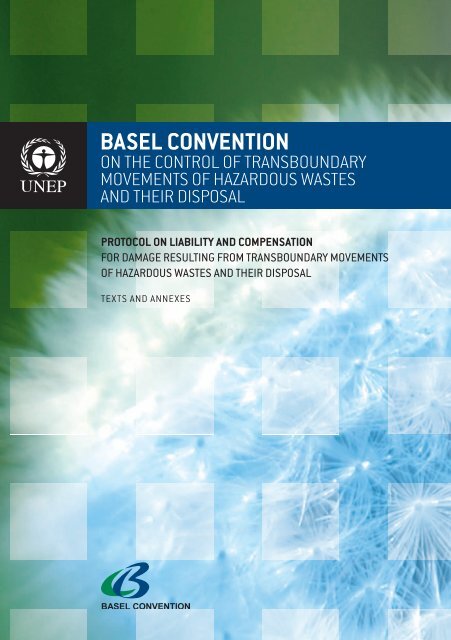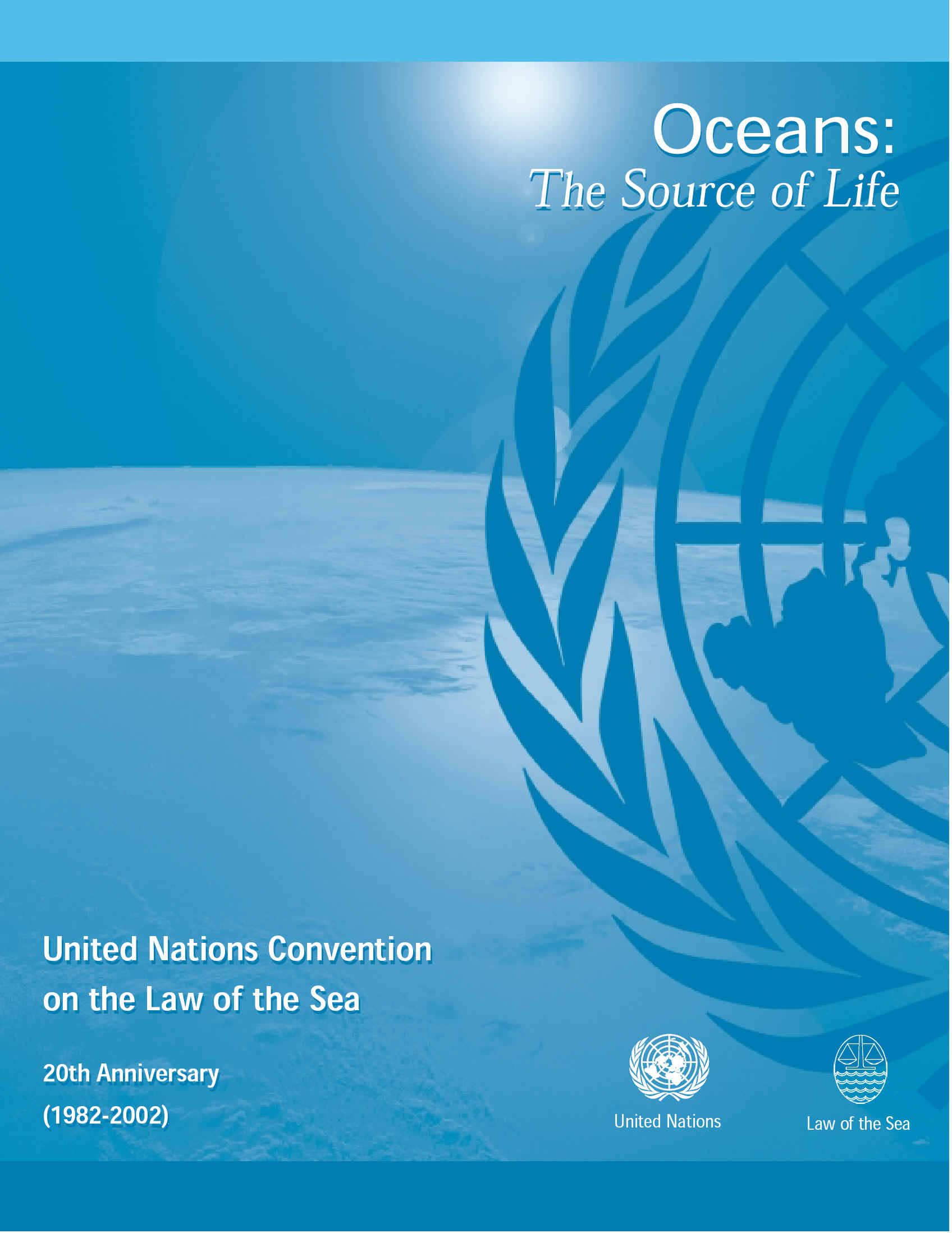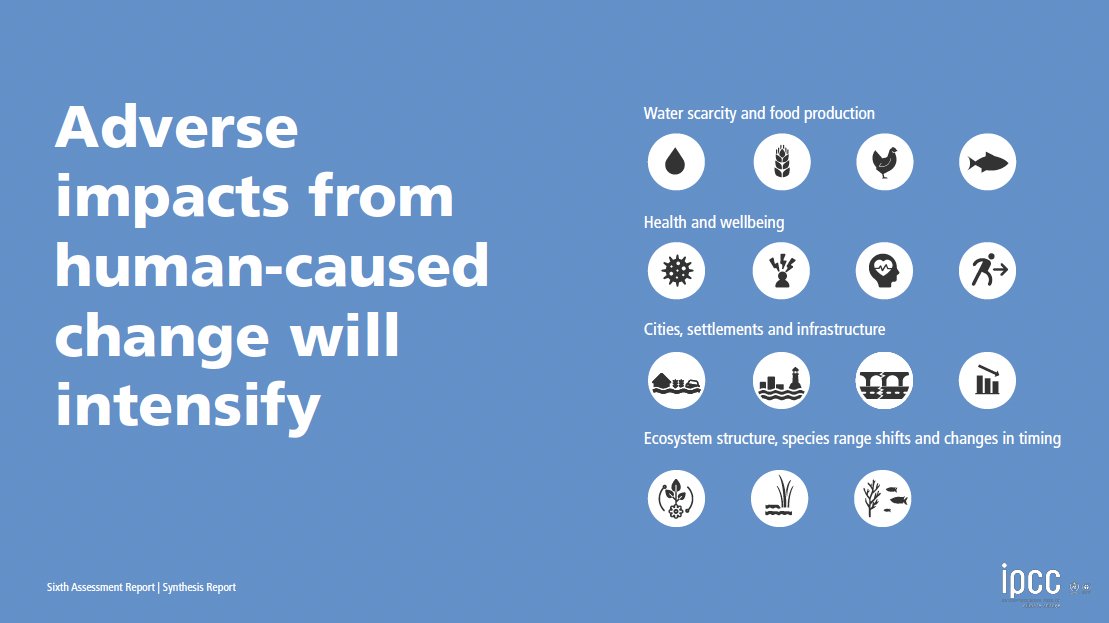
Basel Convention on the Control of Transboundary Movements of Hazardous Wastes and their Disposal
The Basel Convention on the Control of Transboundary Movements of Hazardous Wastes and their Disposal has been a part of the international environmental agenda since the early 1980s. It was included as a priority area in the United Nations Environment Programme’s first Montevideo Programme in 1981. Adopted on March 22, 1989, in Basel, Switzerland, the convention aims to safeguard human health and the environment from the harmful impacts of hazardous wastes. It covers a wide range of hazardous wastes based on their origin, composition, and characteristics, along with two types of “other wastes.” The convention’s main goals are to reduce hazardous waste generation, promote environmentally sound waste management, restrict transboundary movements of hazardous wastes, and establish a regulatory system for permissible movements. The convention entered into force on May 5, 1992, and as of January 1, 2011, it has 175 parties.







